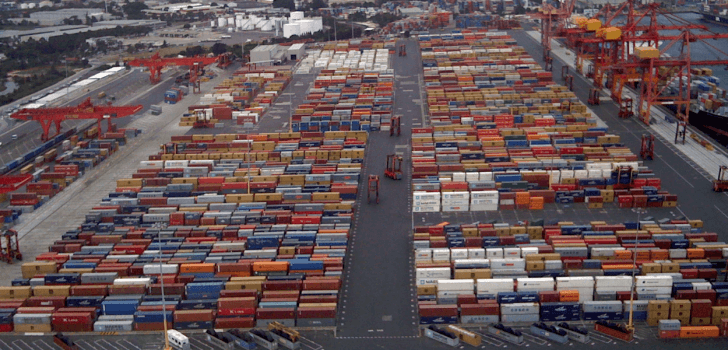In an effort to compete with the Trans-Pacific Partnership (TPP), China has been working to reach free trade agreement (FTA) deals with more countries, particularly its neighbors. In guidelines that were released on Thursday, China has said that it would continue to move forward with its “One Belt, One Road” strategy which is designed to create larger FTA markets and achieve closer integration with the global economy.
The TPP has put a serious dent in Chinese trading, as the United States and other countries have been trying for years to compete with China in the global market. Additionally, the United States has also been discussing another FTA with the European Union called the Trans-Atlantic Trade and Investment Partnership.
Renmin University Professor Zhao Xijun explained, “Countries will be willing to join as long as they can benefit from lower tariffs and costs under the FTAs. They are not a political alliance, nor do they exclude members from entry into other trade treaties.”
China is planning to continue its experiment of liberalizing its capital account in the country’s four free-trade zones of Shanghai, Tianjin, Fujian and Guangdong. Additionally, China is planning to conduct stress tests for the difficult undertakings that occur in FTA discussions. China wants to gain experiences in order to prevent and address risks, while also exploring the optimal opening model.
China has long been criticized for its murky process of approving trade regulations, as well as its tight restrictions on trade that are designed to ensure national security. China has pledged that it will work to improve its environment of foreign investment.
On Sunday, an FTA between China and South Korea is set to go into effect. South Korea will eliminate its tariffs on 52% of Chinese imports, while China will do away with taxes of 44% of exports from South Korea. Additionally, an FTA between Australia and China will also initiate that same day.
Meanwhile, China has also been working with South Korea on another deal that would also include Japan. China is also conducting treaty discussions with the European Union, with the goal of reaching an agreement sometime next year.
According to the vice-governor of the Central Bank of China Yi Gang, a high-quality free-trading network was critical to the success of the “One Belt, One Road” initiative. The initiative is particularly focused on improving cooperation between companies along the historic Silk Road trading route.
Stay Connected